Field Expanding Research
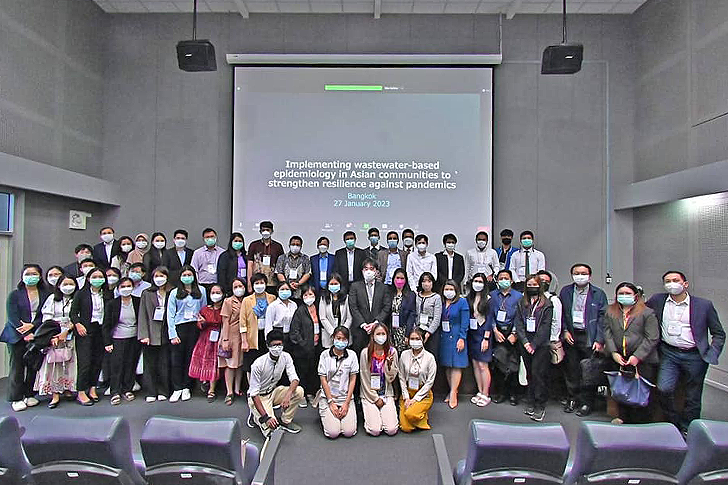
Symposium in Bangkok
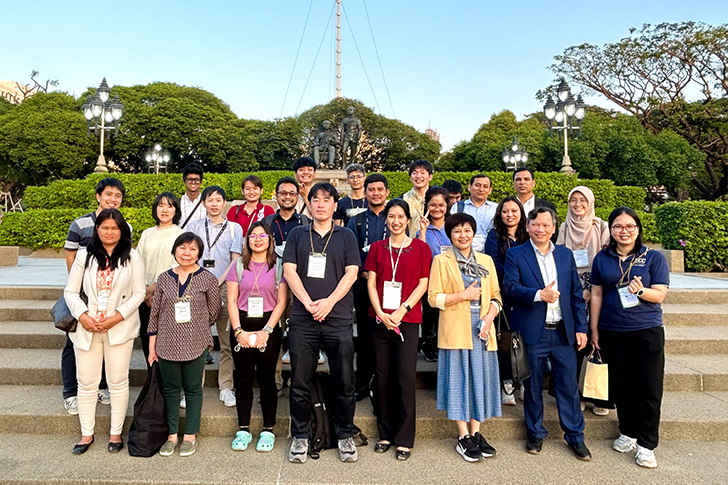
Group photo at the symposium
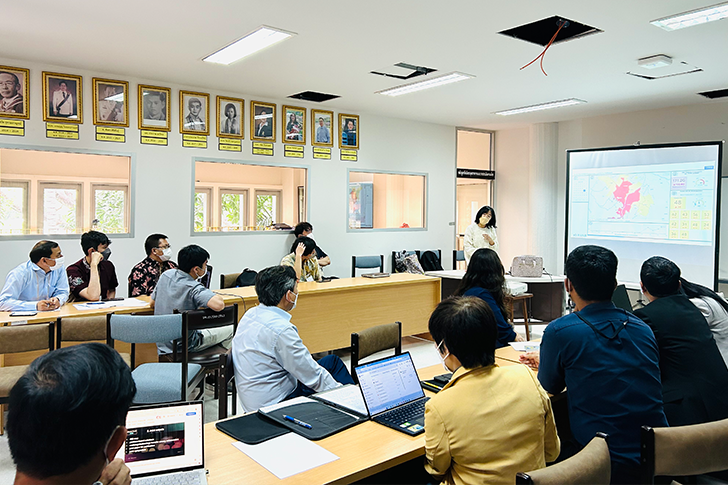
Workshop
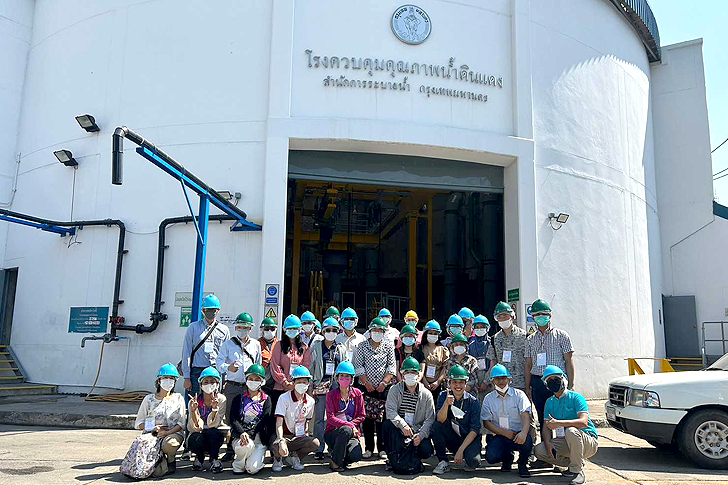
Visit to wastewater treatment plant in Bangkok
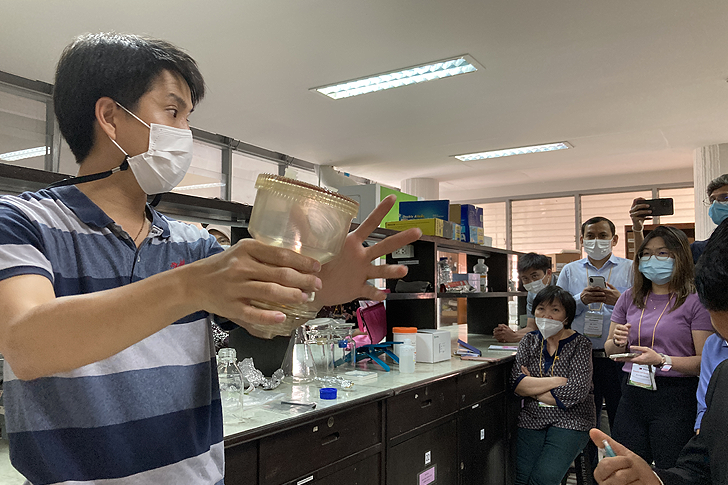
Lab training at Chulalongkorn University
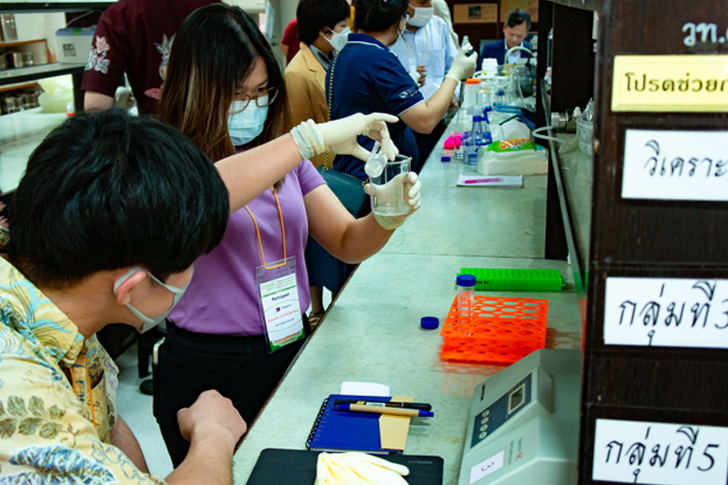
Lab training at Chulalongkorn University
Research period:from December, 2021 through November, 2024
This project aims to develop and implement a system where innovative technologies, including wastewater-based epidemiology (WBE), are applied to monitor severe acute respiratory syndrome coronavirus 2 (SARS-CoV-2), the etiological agent of coronavirus disease 2019 (COVID-19), as well as its variants and findings are conveyed to decision makers in Japan, Indonesia, Nepal, the Philippines, Thailand, and Viet Nam. Through building a comprehensive framework including technology and governance, this project will contribute to building resilience in various communities across Asia as well as contribute to the achievement of global goals.
To achieve the overall goal, three specific research topics will be studied as follows:
1. Sampling and analysis
Japan Group has trialed various methodologies in analyzing SARS-CoV-2 from the beginning of the pandemic, and has currently established a protocol utilizing quantitative PCR.
This protocol as well as the know-how involved in carrying out the analysis will be shared by the Japan Group to all other groups so that each group can use the methodology to analyze SARS-CoV-2 at their respective locations. The locations will be identified after discussions taking into account the cultural, environmental, and socio-political background of each country.
2. Development and evaluation of monitoring technology
There are very few cases of fecal-oral transmission for COVID-19; however, to prepare for any future disease X pathogens with high fecal-oral transmission risks, it is desirable to decrease physical contact with wastewater during sampling and analysis to the extent possible. Biosensors will be developed and tested with the aim to monitor pathogens in wastewater remotely and on a real-time basis while decreasing physical risks during the sampling process.
3. Application to future pandemics
SARS-CoV-2 and its variants as well as any other relevant pathogens of concern will be analyzed, considering the prevalence of diseases in each sampled community. Lessons learned and challenges faced during implementation of WBE will be shared among all groups to consolidate collective knowledge which can then be shared with the international community outside of the countries in this study. This project will contribute to regional and international discussions and policymaking for decreasing the risks from future pandemics.
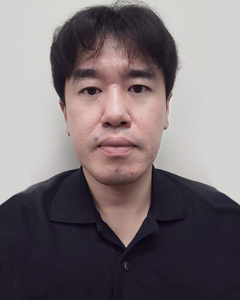
Eiji Haramoto, Professor,
Interdisciplinary Center for River Basin Environment, University of Yamanashi
Prof. Haramoto received his Doctor of Engineering degree at the University of Tokyo, Japan, in March 2007. Between April 2007 and August 2008, he worked at National Institute of Public Health, Japan, as a research fellow of Japan Society for the Promotion of Science, and then he was employed at University of Yamanashi as an Assistant Professor in September 2008 and promoted to an Associate Professor in January 2015 and to a Professor in March 2020. His research interests include environmental engineering and wastewater-based epidemiology.
The Hitachi Global Foundation
"Hitachi Fund Support for Research Related to Infectious Diseases" Administrative Group